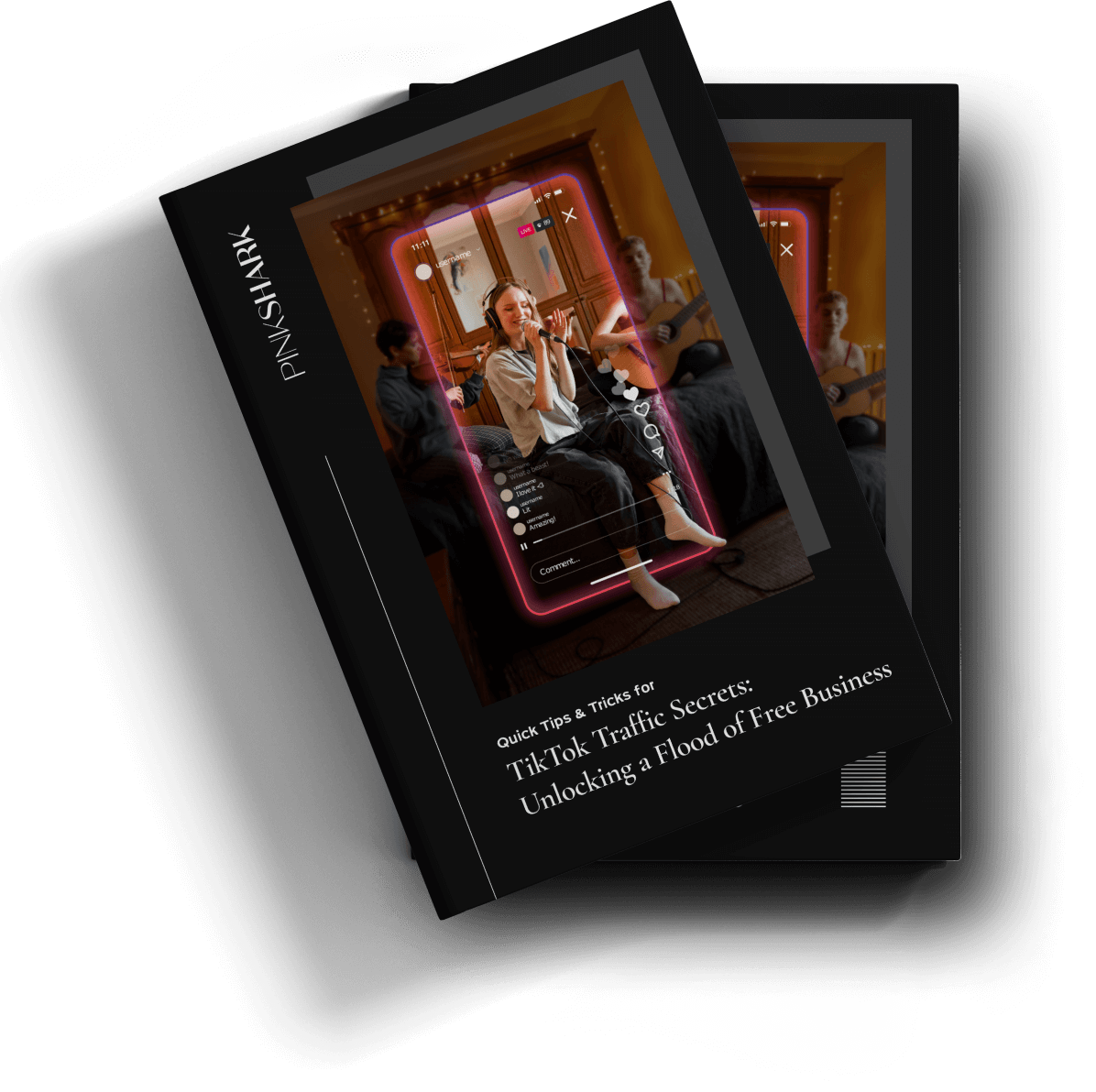It was widely reported this past week that the Food and Drug Administration was working to crack down on companies that use social media influencers to advertise vaping products. The move is a response to what has been described as an “epidemic” of underage use of nicotine-containing flavor oils. It is also an illustration of the new legal and ethical issues that are emerging in the gray areas between traditional endorsements and social media influencers.
Like it or not, the ongoing development of social media marketing has left the door wide open for advertisers to skirt around existing restrictions on things like advertising for controlled substances. Because social media influencers are able to package paid endorsements as self-made content, it can be difficult to catch them in the act.
Even if these endorsements don’t violate the law, they might violate the policies of a platform like Facebook, which prohibits actual advertisements for e-cigarettes. But how do you prove that when social media influencers post images and videos about the glamour of vaping, it’s motivated by money and not by their own personal enthusiasm.
Make no mistake, I’m not encouraging anyone – be they social media influencers or digital marketing professionals – to exploit this loophole. I’m just saying that it’s a challenging feature of social media marketing, and one that’s worth keeping an eye on. Even if there are no restrictions on the marketing of one’s product, there’s potential for scandal if it ever seems like that product is being advertised under false pretenses.
Yet, the operative phrase here is “seems like.” Because with all the different ways there are of creating buzz and encouraging engagement via social media, there may not always be an obvious line between “paid endorsement” and “sincere endorsement.” Is it paying for endorsement if the product is provided for free? Is it deceptive to offer a chance of a prize in exchange for honest reviews? I don’t claim to have a definite answer to these or other questions. I would only say that clients should recognize that some exchanges will look improper, and tread lightly.



